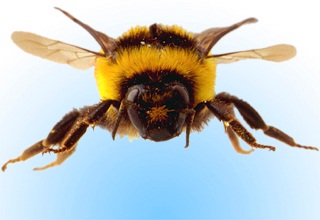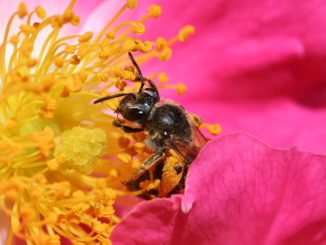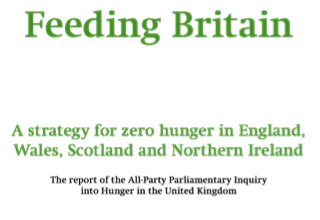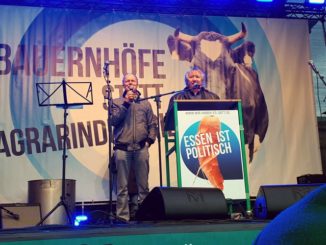The European Food Safety Authority EFSA this week panned a flawed UK study that distorted the impacts of neonicotinoids on wild bumble bee populations. The FERA study was funded by the UK government and cited by the UK National Farmers’ Union to justify the continued use of these bee-killing products, widely used as seed dressings in the UK.
 The study was criticised by European scientists for its lack of rigour, the absence of a robust control group and the limited scope of the study, which covered just one crop and two neonicotinoid products. The FERA team also overlooked two exposure routes: dust and guttation (the potentially pollinator-toxic sap droplets exuded by plants grown from treated seeds).
The study was criticised by European scientists for its lack of rigour, the absence of a robust control group and the limited scope of the study, which covered just one crop and two neonicotinoid products. The FERA team also overlooked two exposure routes: dust and guttation (the potentially pollinator-toxic sap droplets exuded by plants grown from treated seeds).
In the run up to the vote on a ban on three neonicotinoids proposed by the European Commission, UK Environment Secretary Owen Paterson told farmers: “I have asked the European Commission to consider all the evidence and to wait for the results of our field trials, rather than rushing to a decision based on lab tests alone.” The vote took place after the EFSA provided evidence that three neonicotinoids are harmful to bee populations.
After a inconclusive first vote in which the UK abstained, the UK then voted against the ban in a second vote in April. This happened despite significant civil society pressure. With 15 Member States voting in favour however, the ban is currently set to come into practice this December.
In May, a fourth insecticide was identified as harmful to bees.
Find more on this story here:





